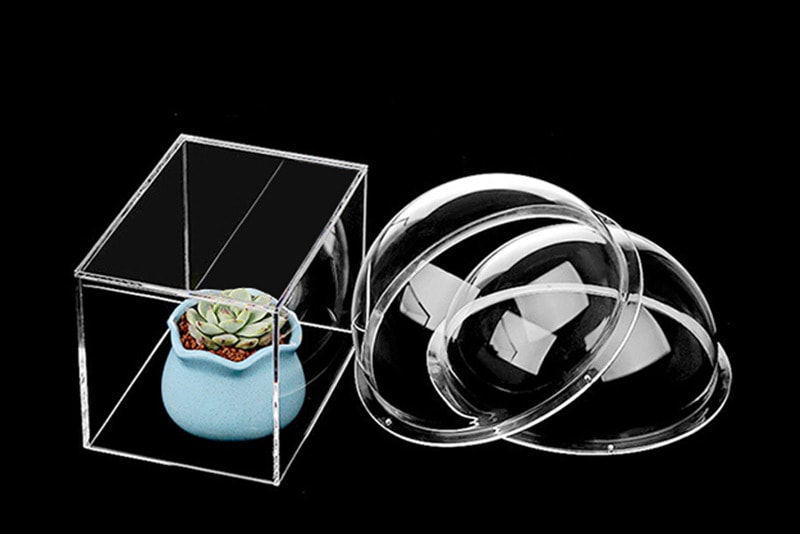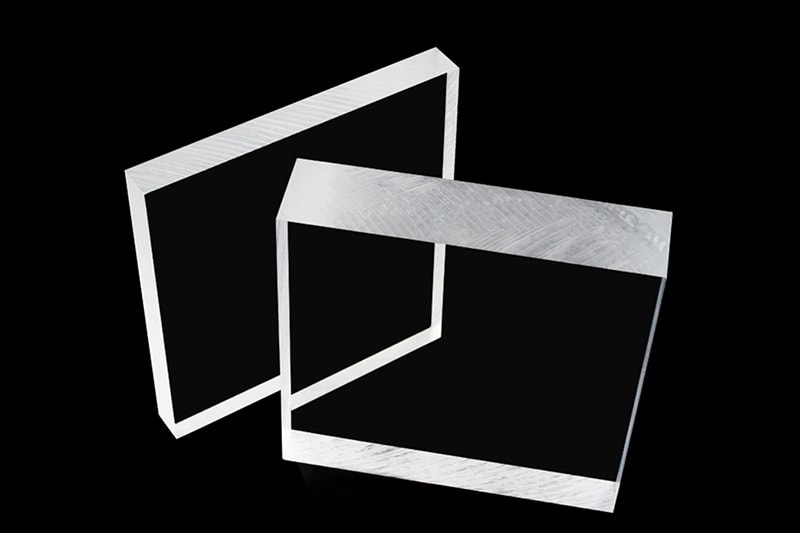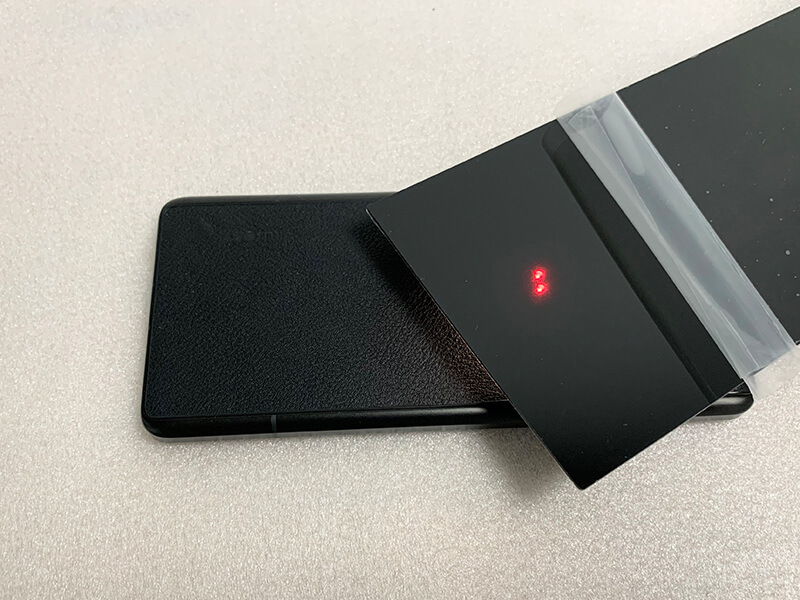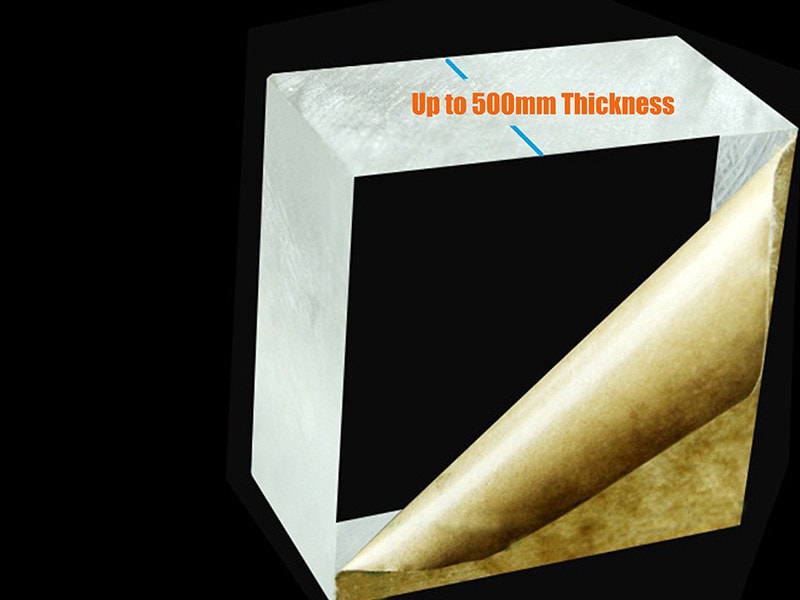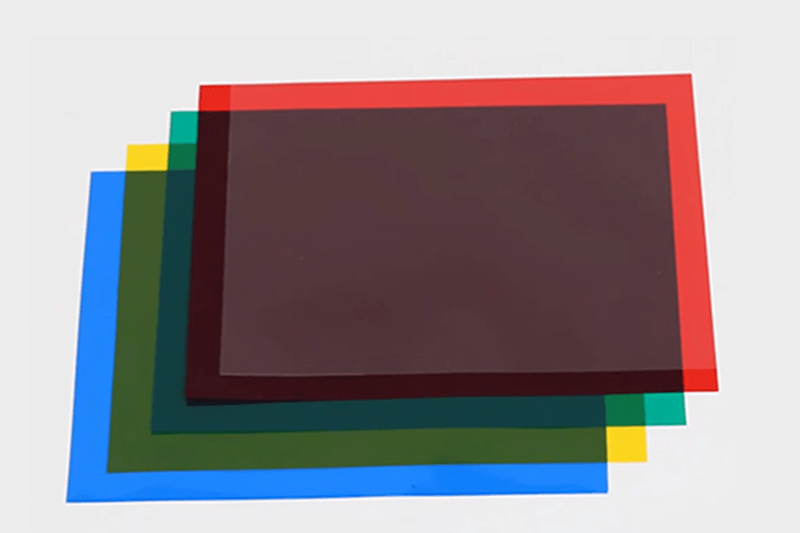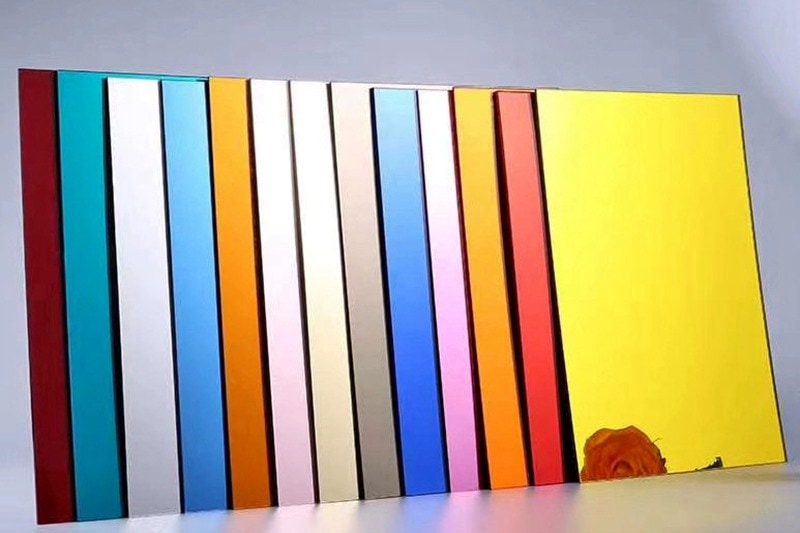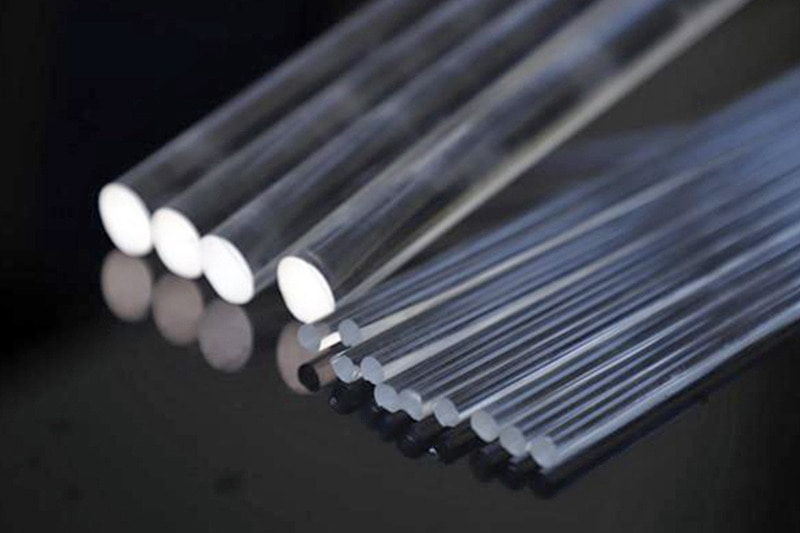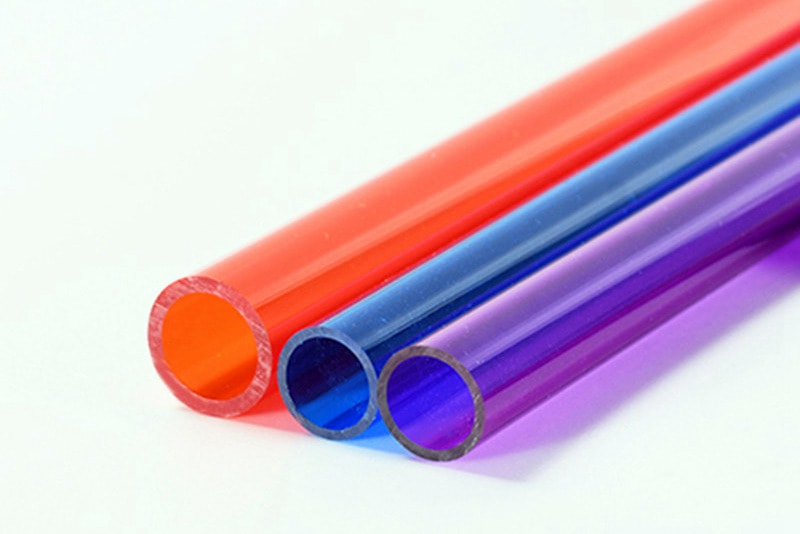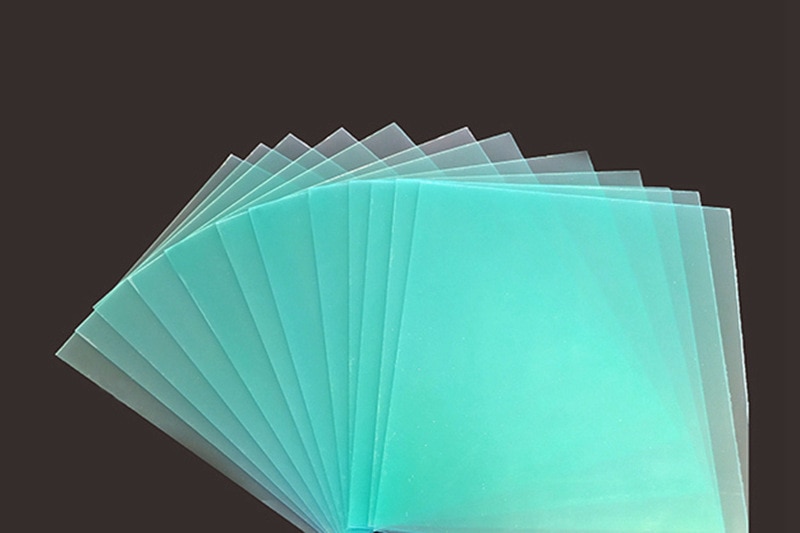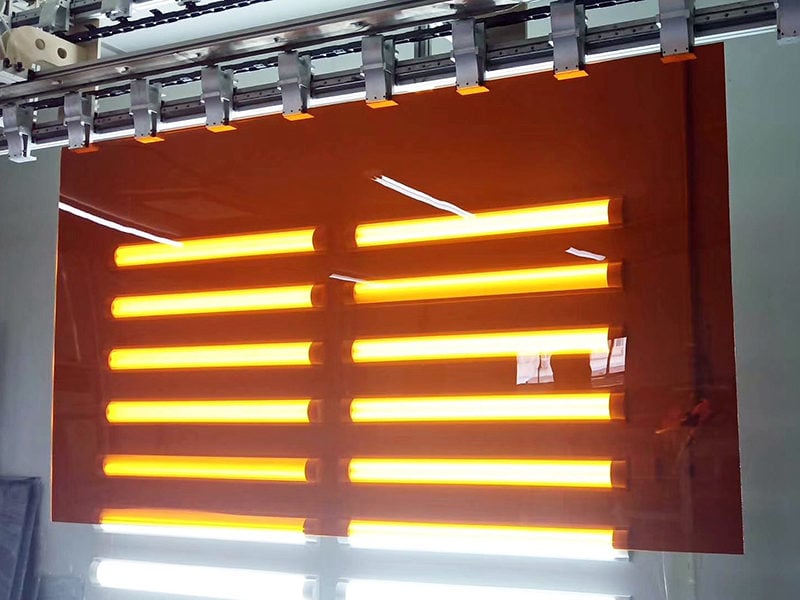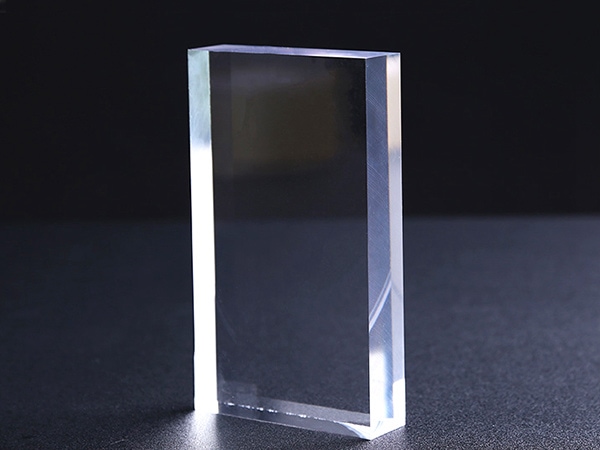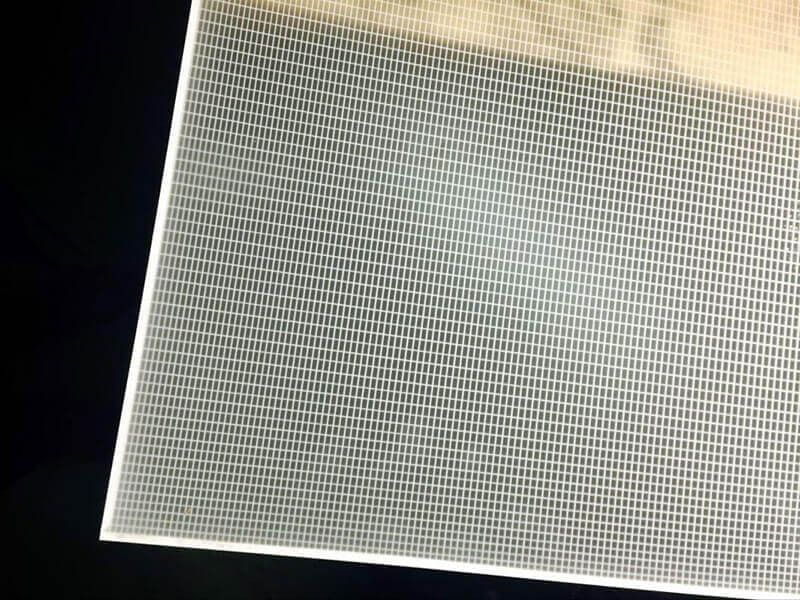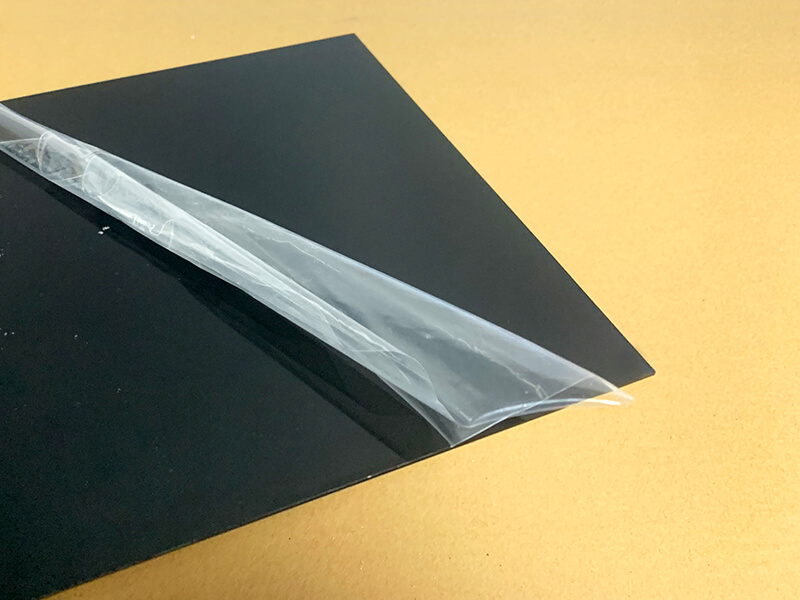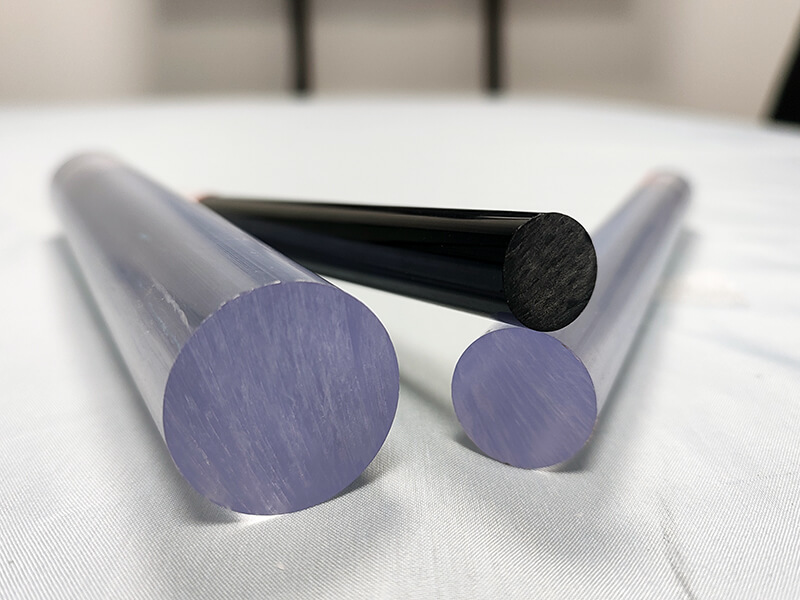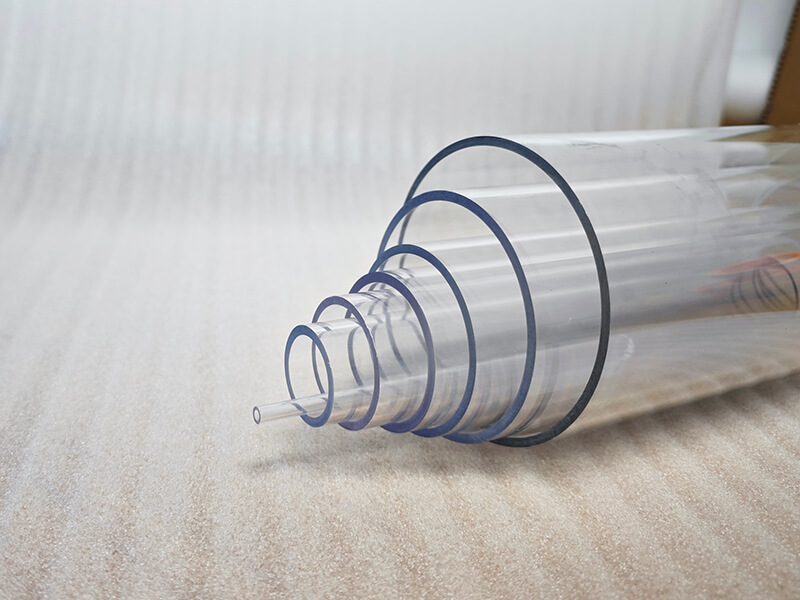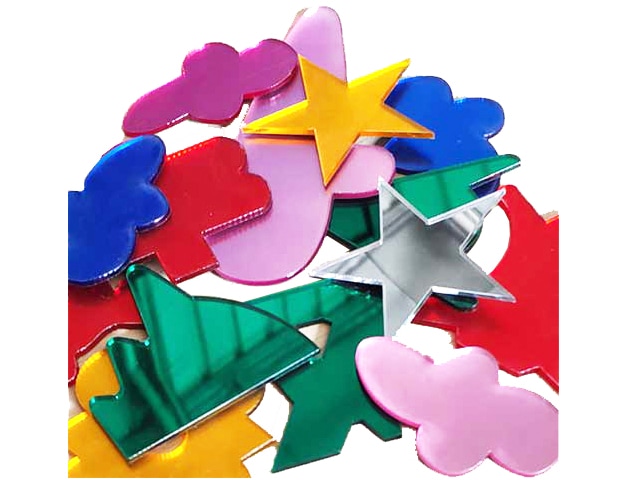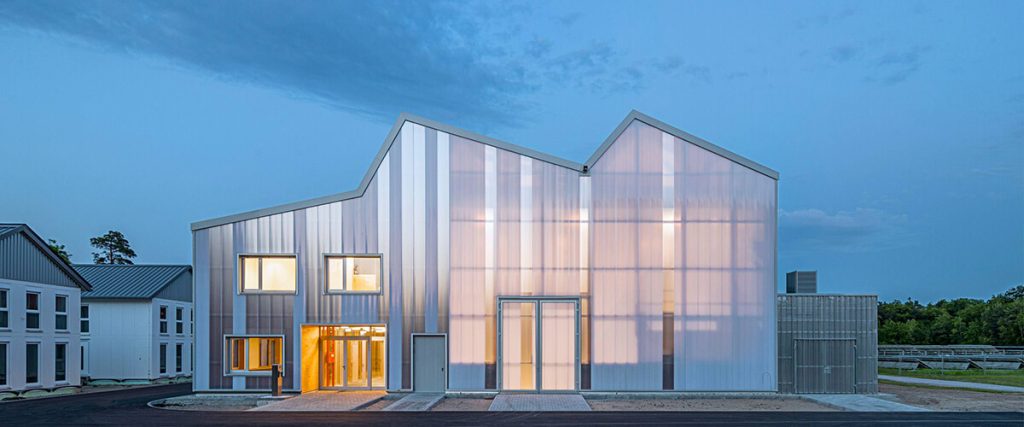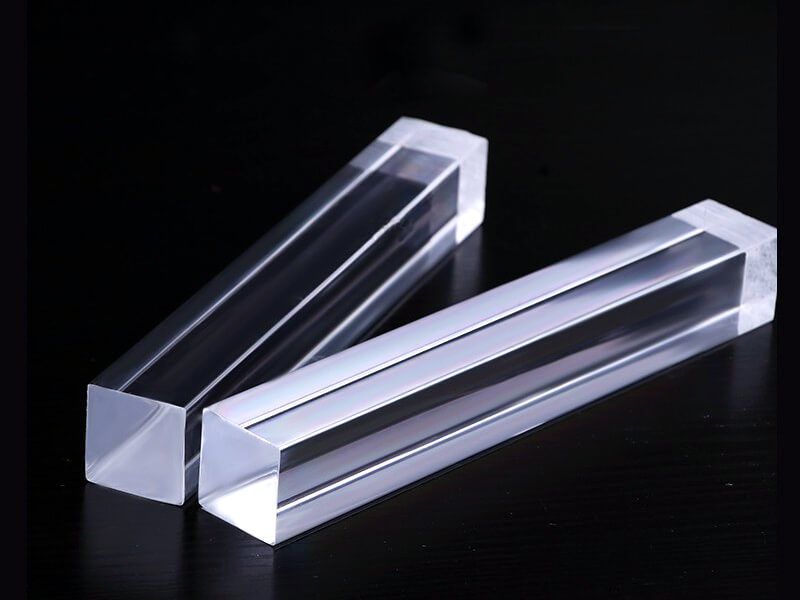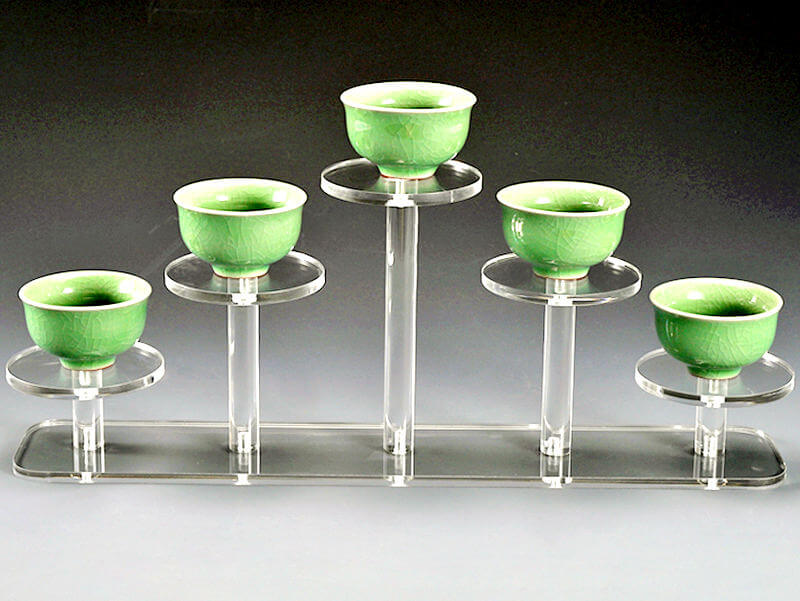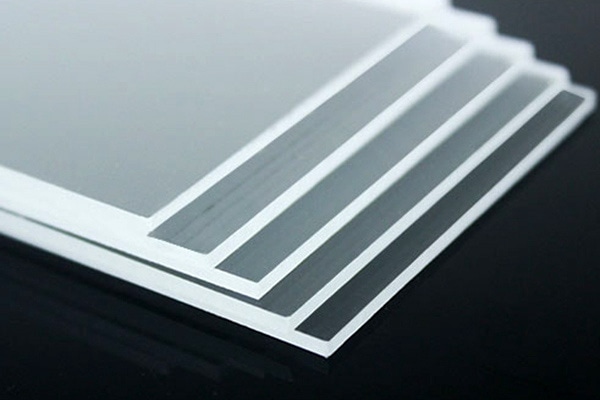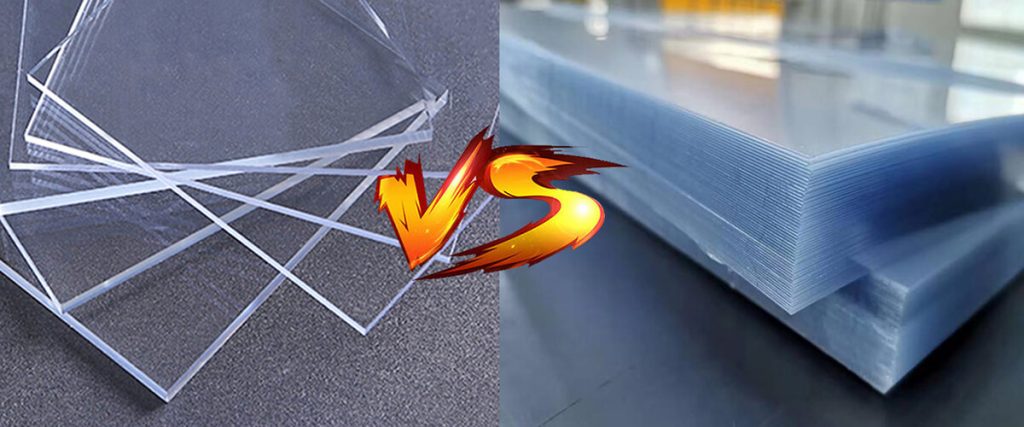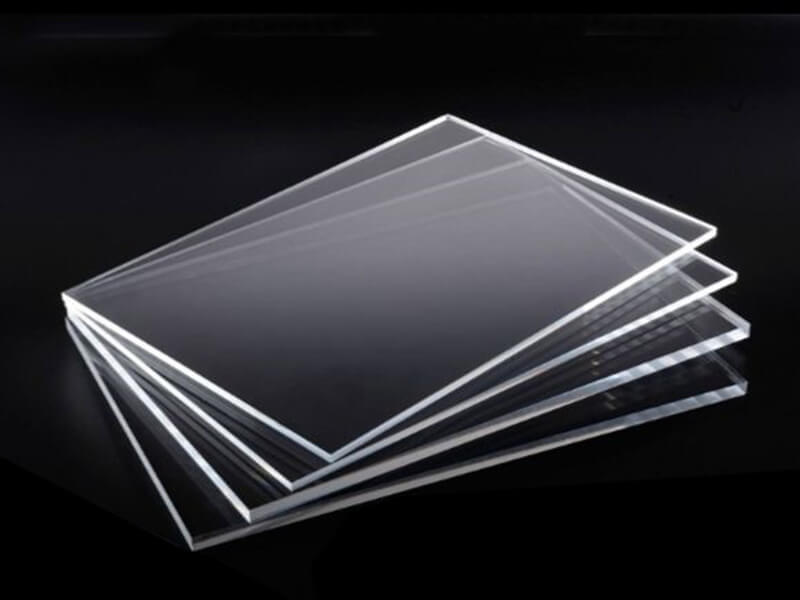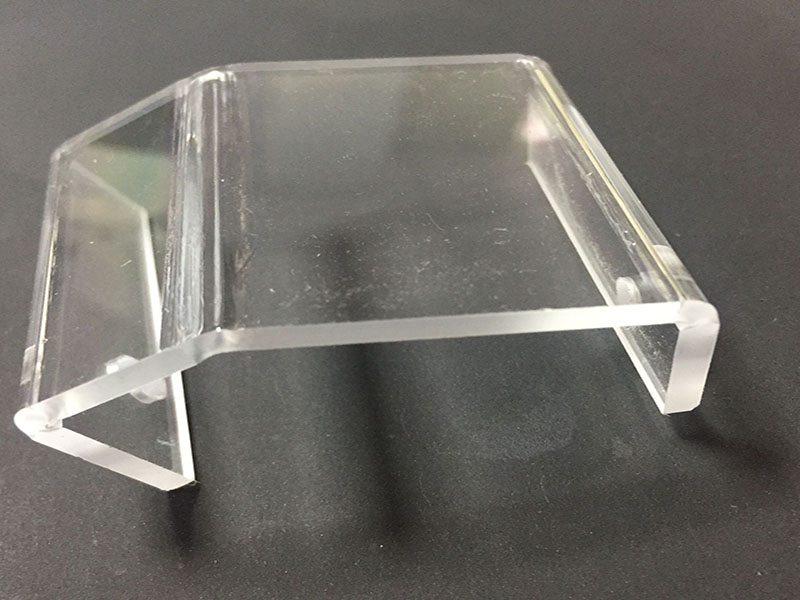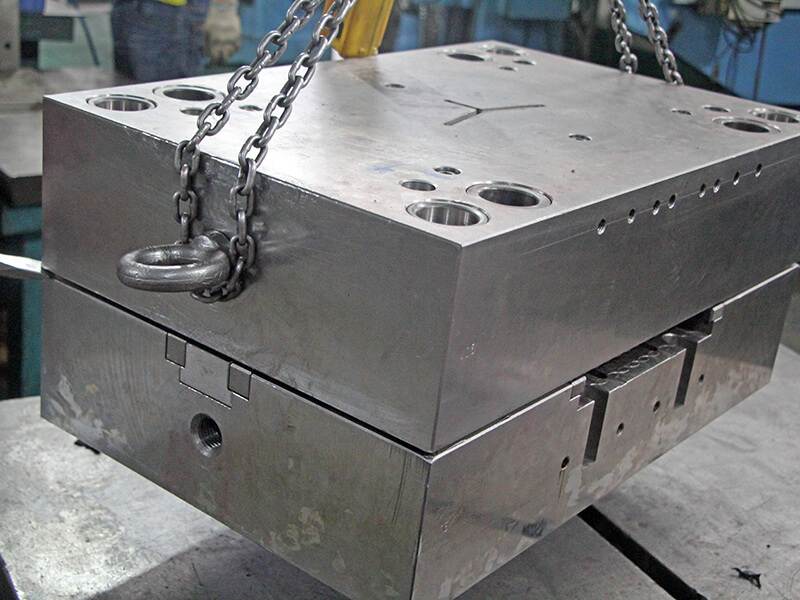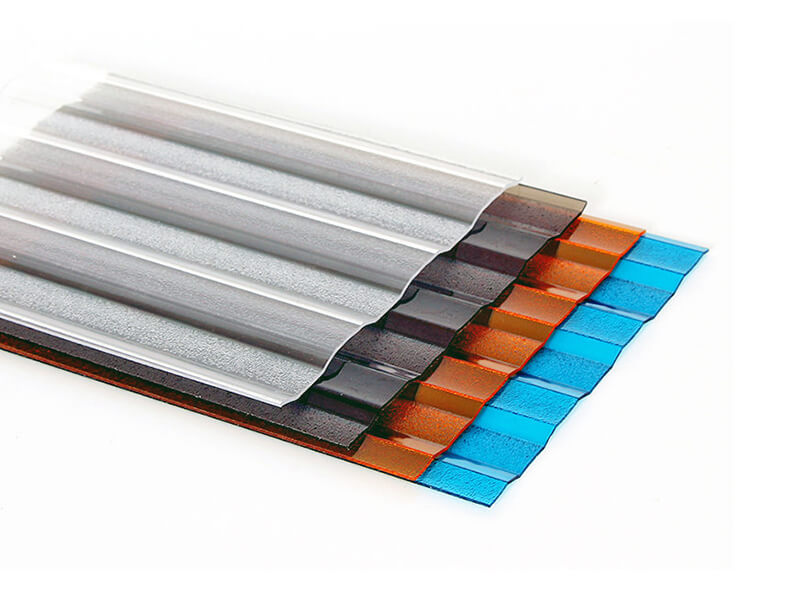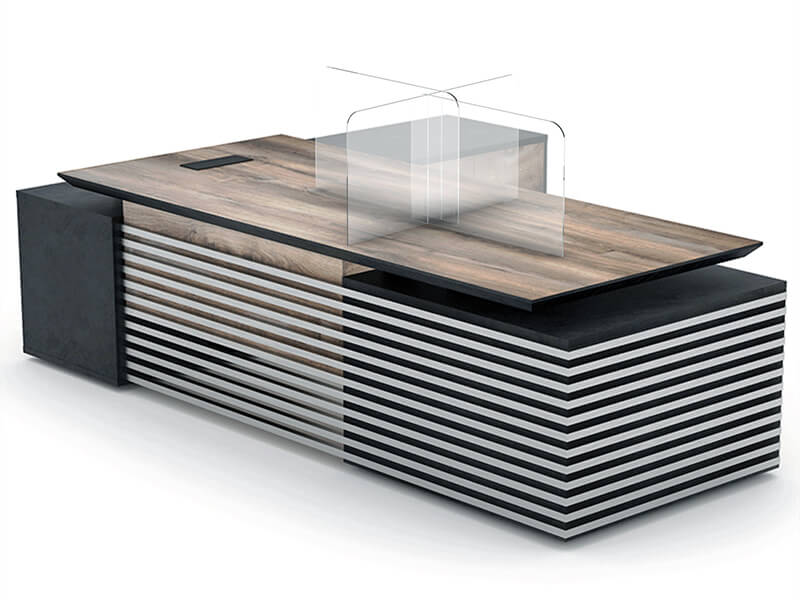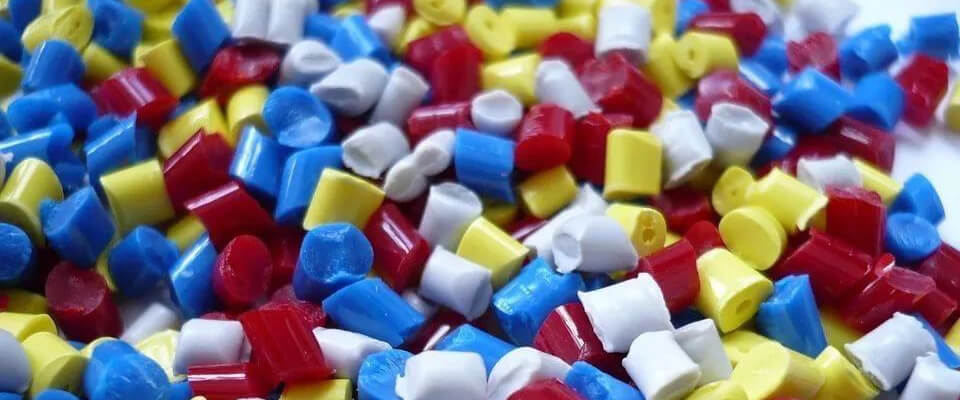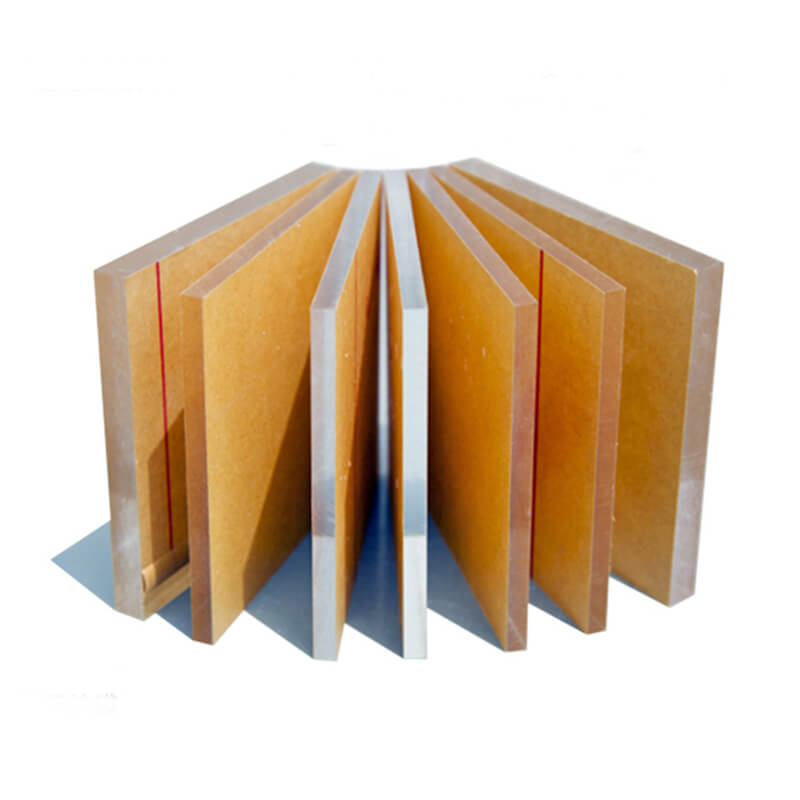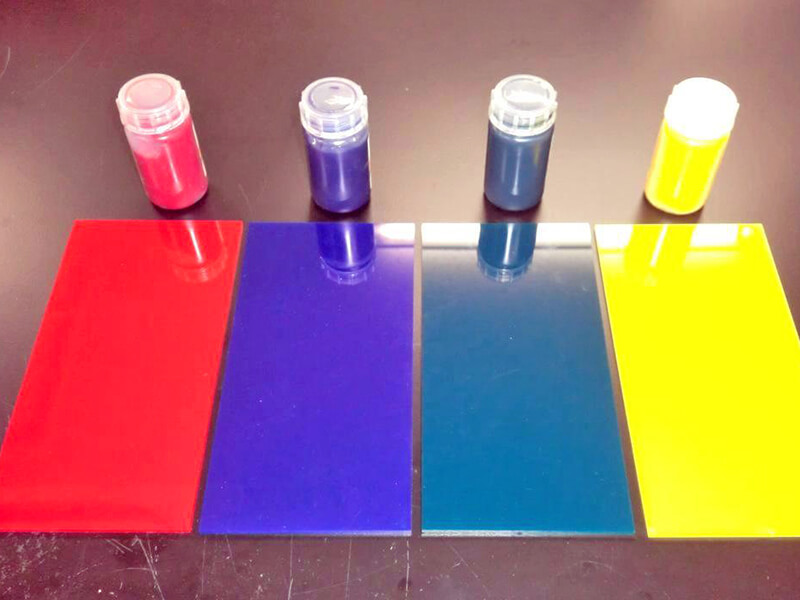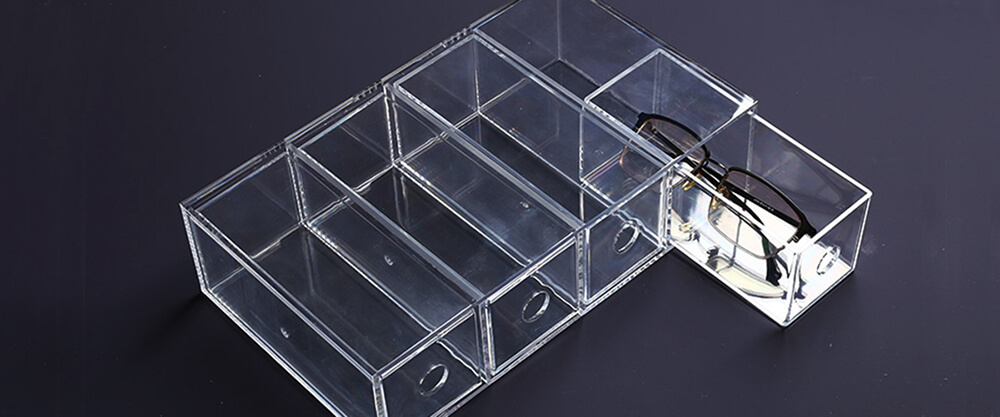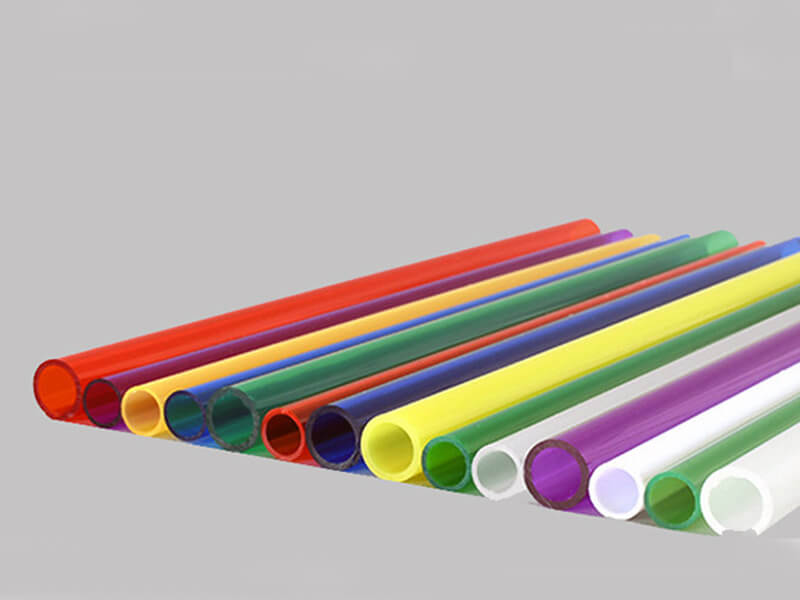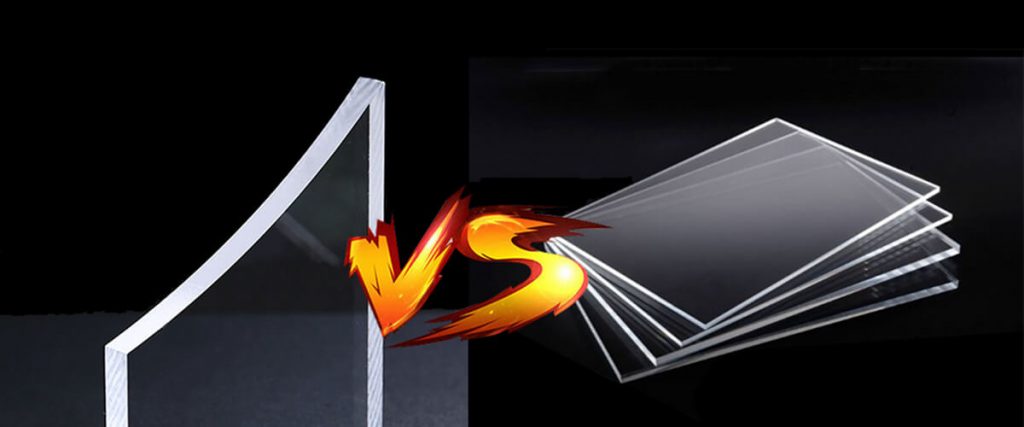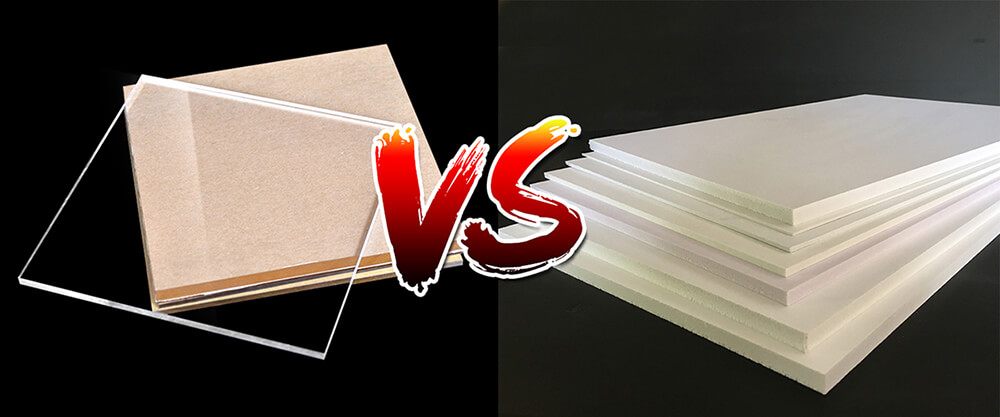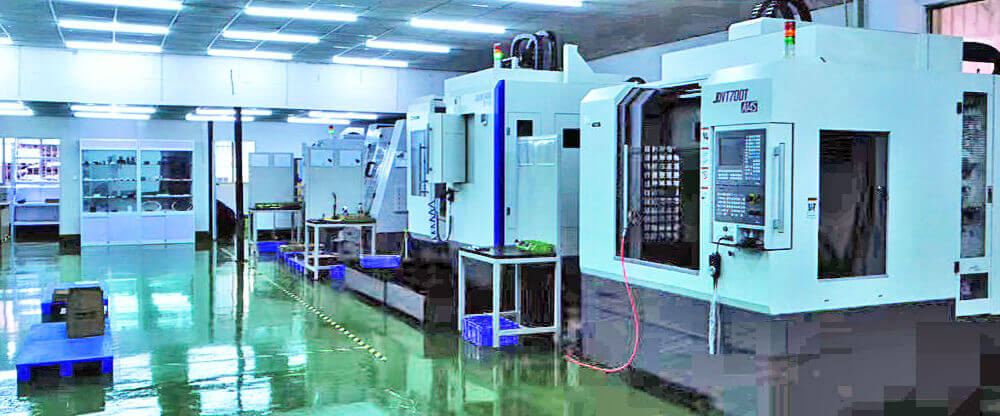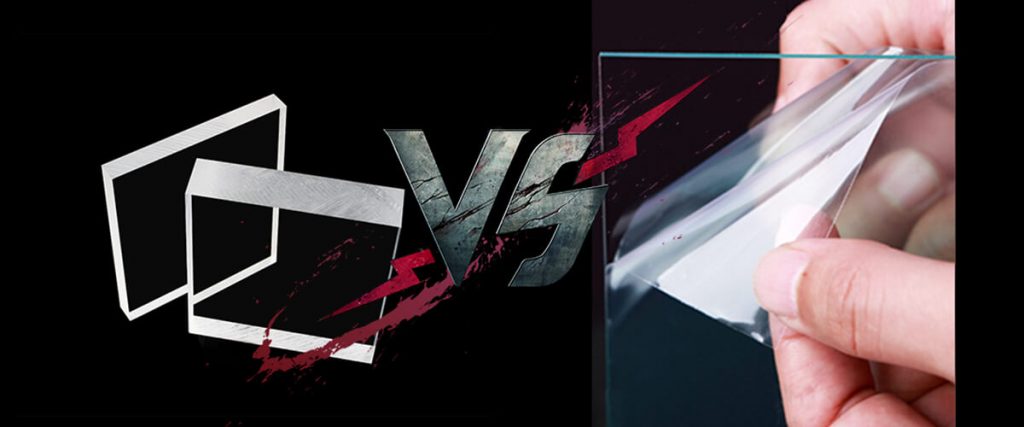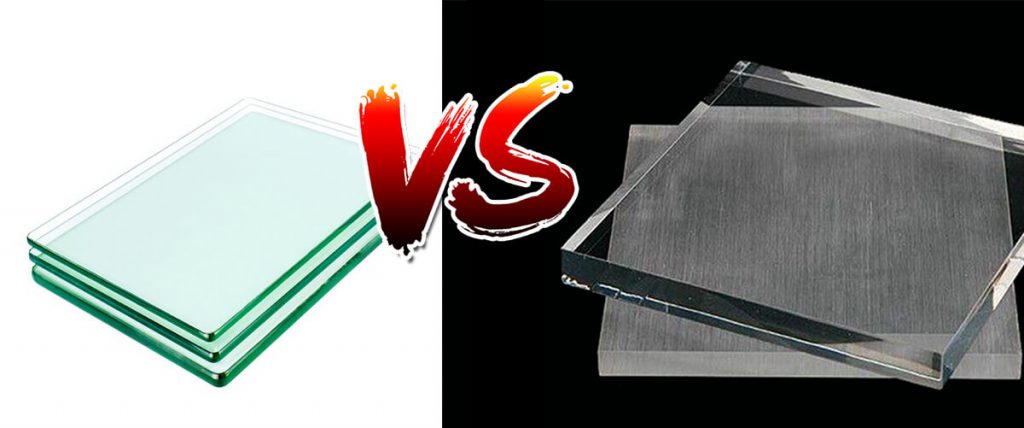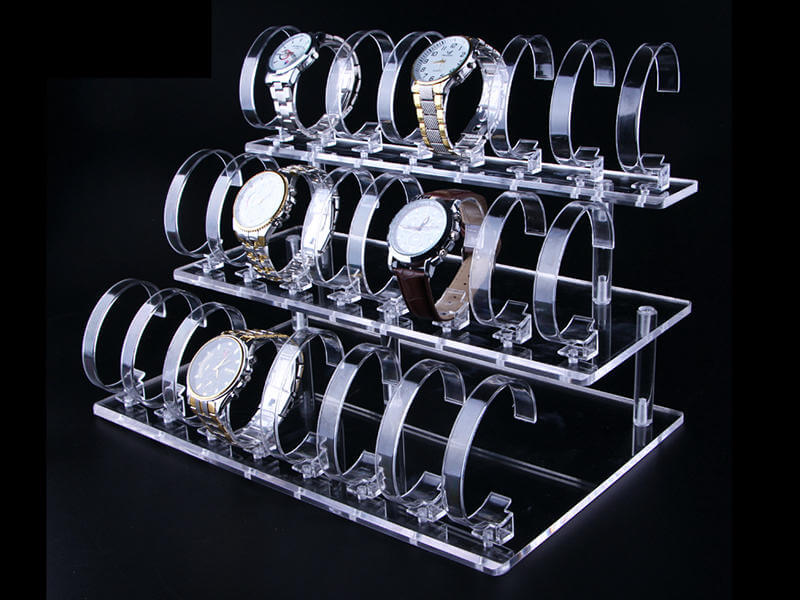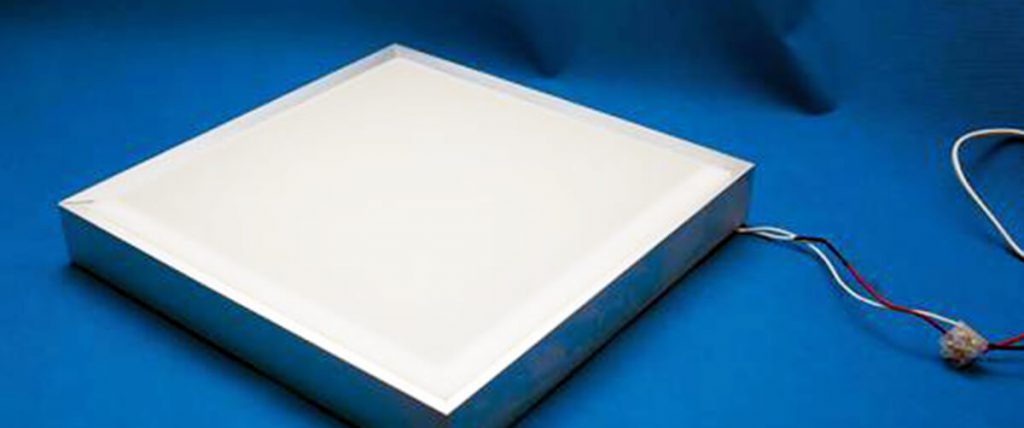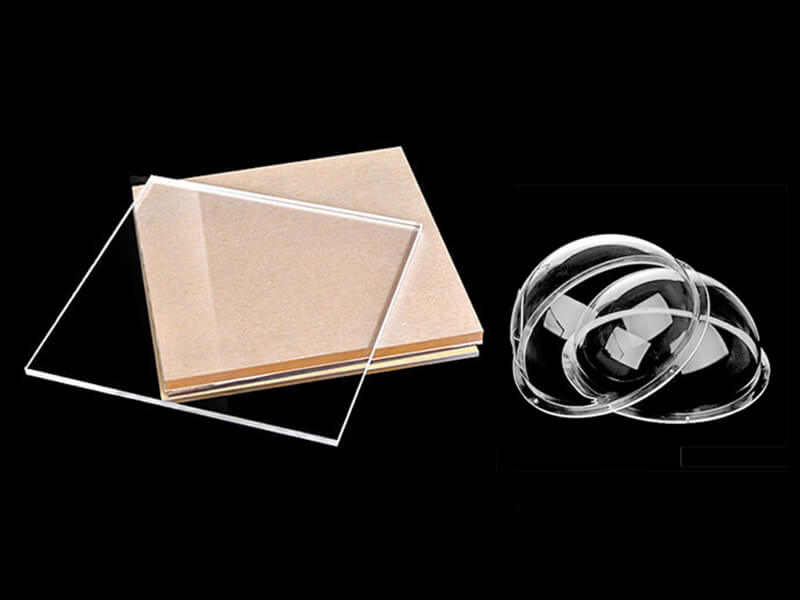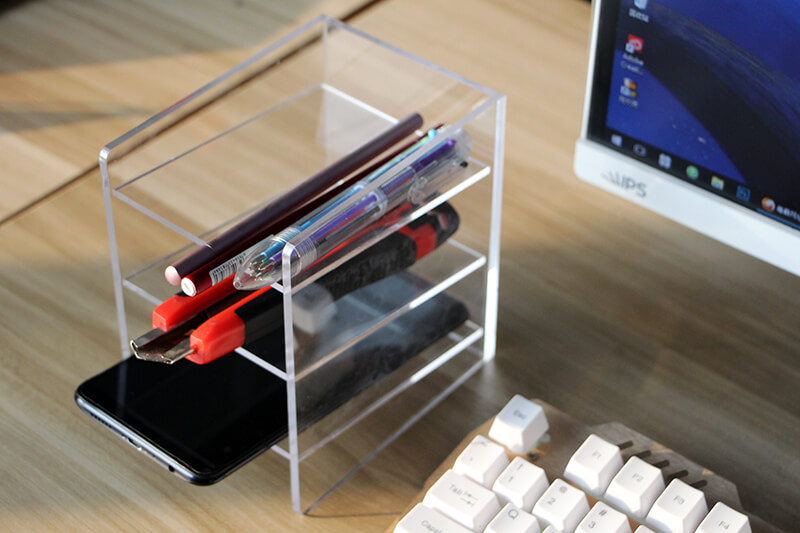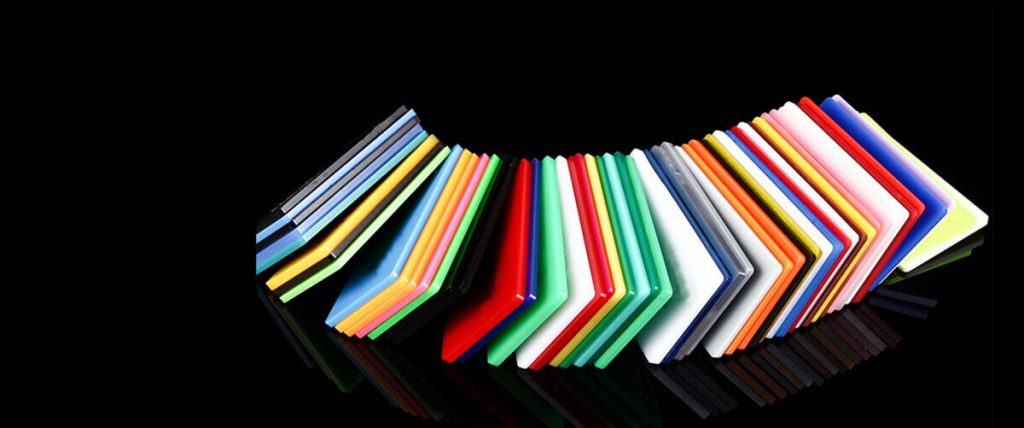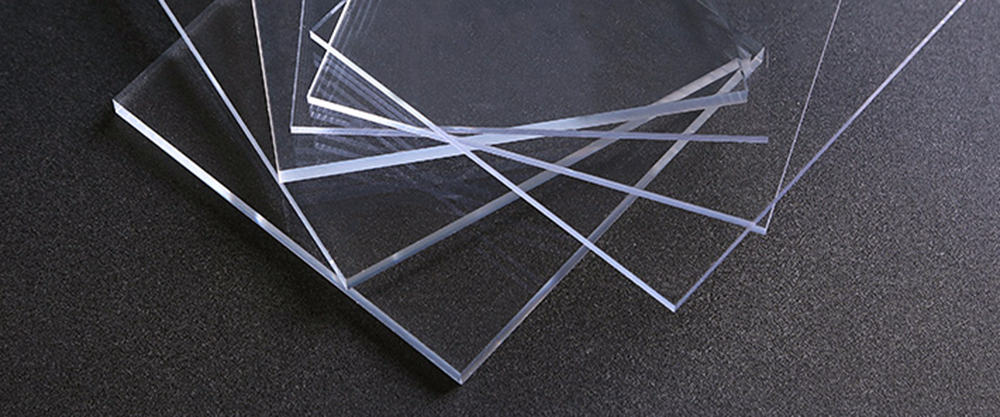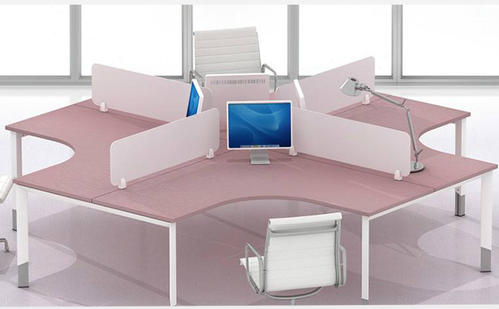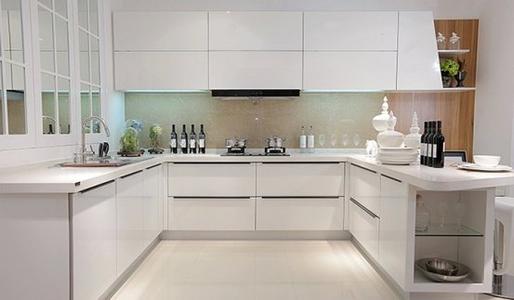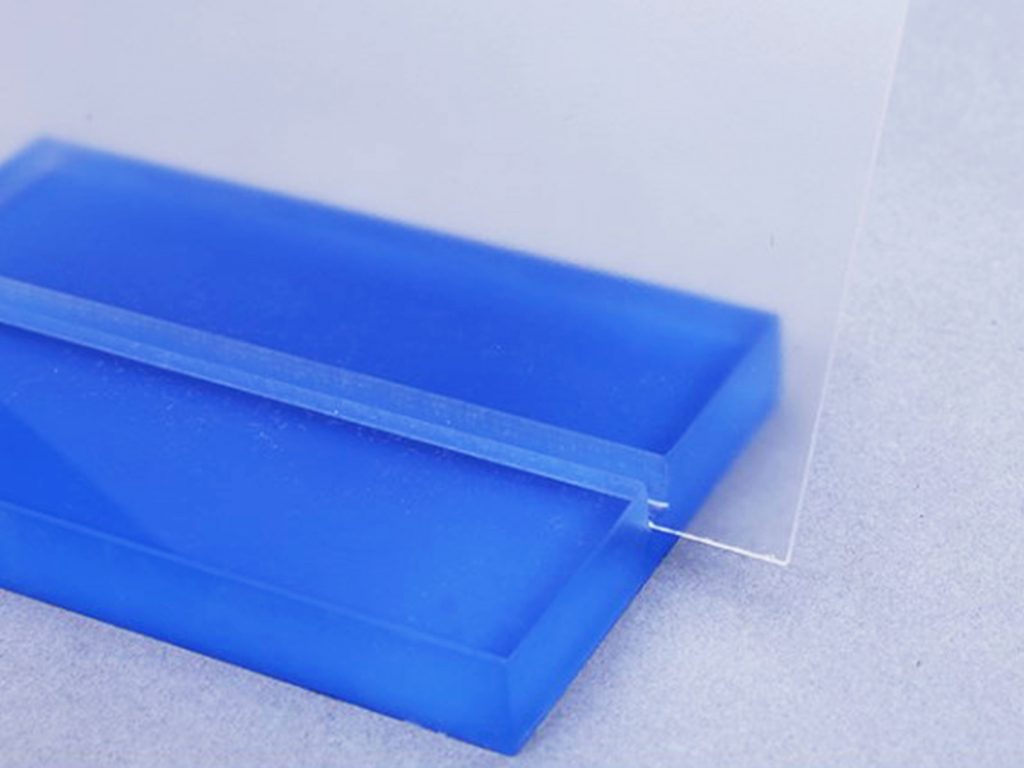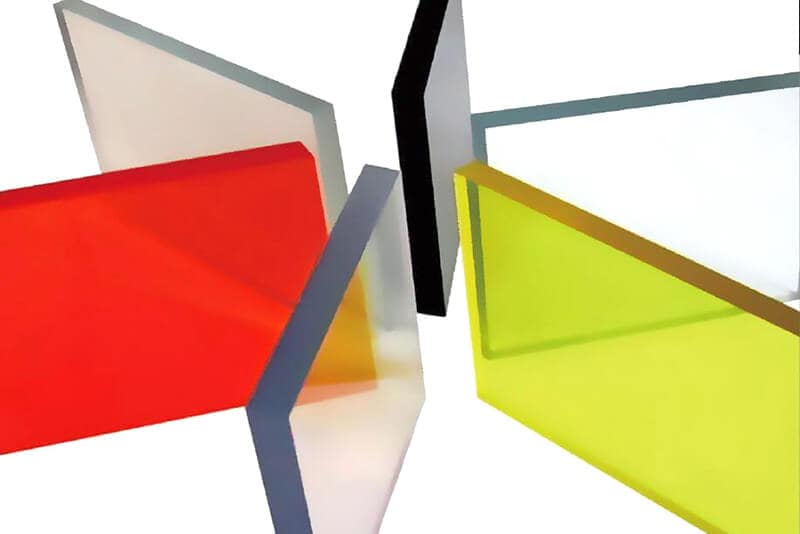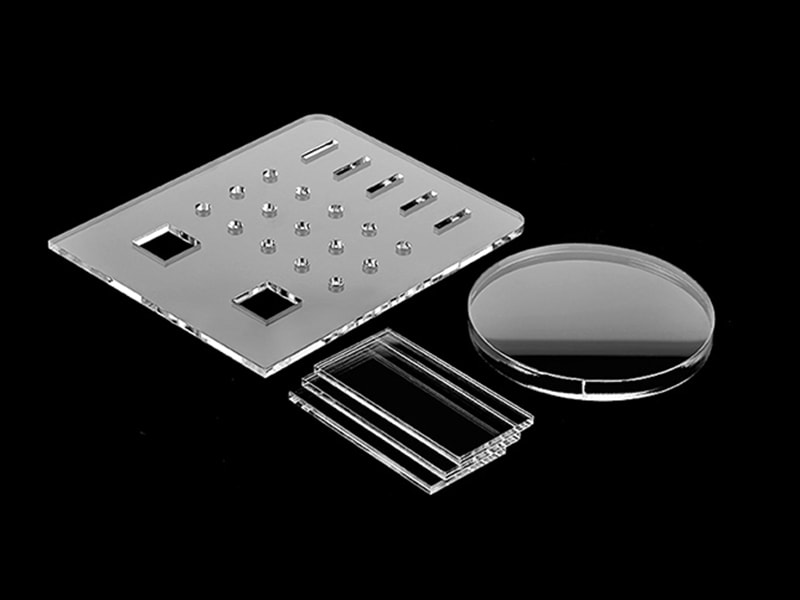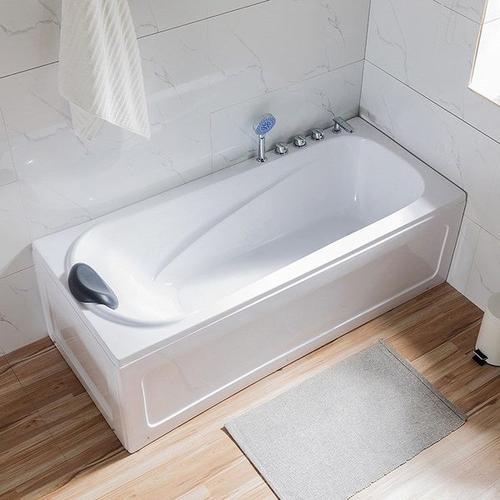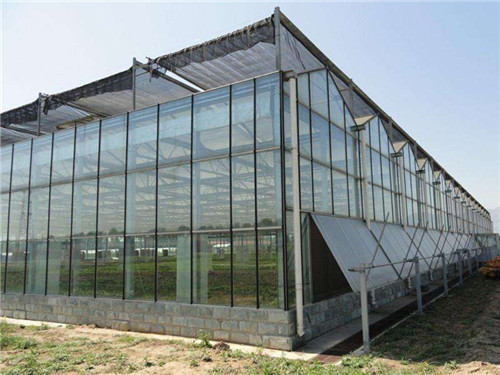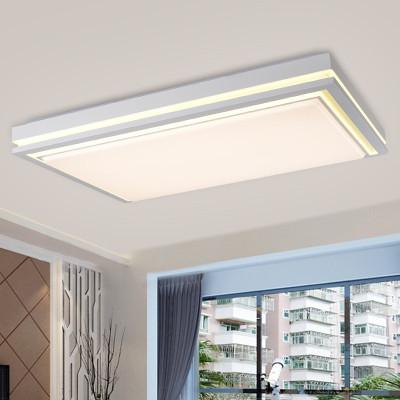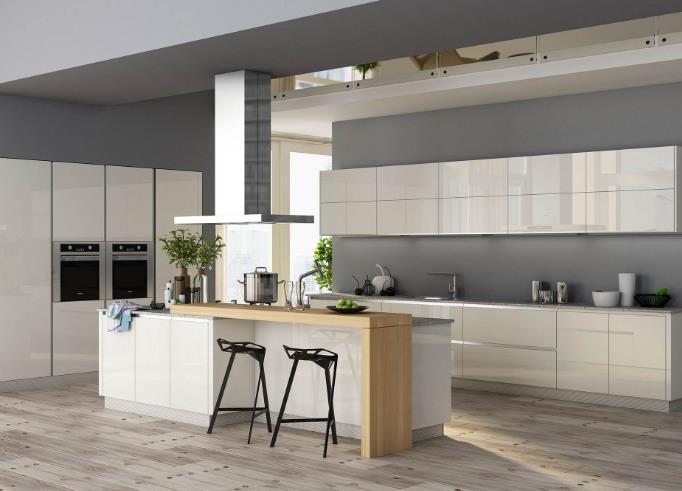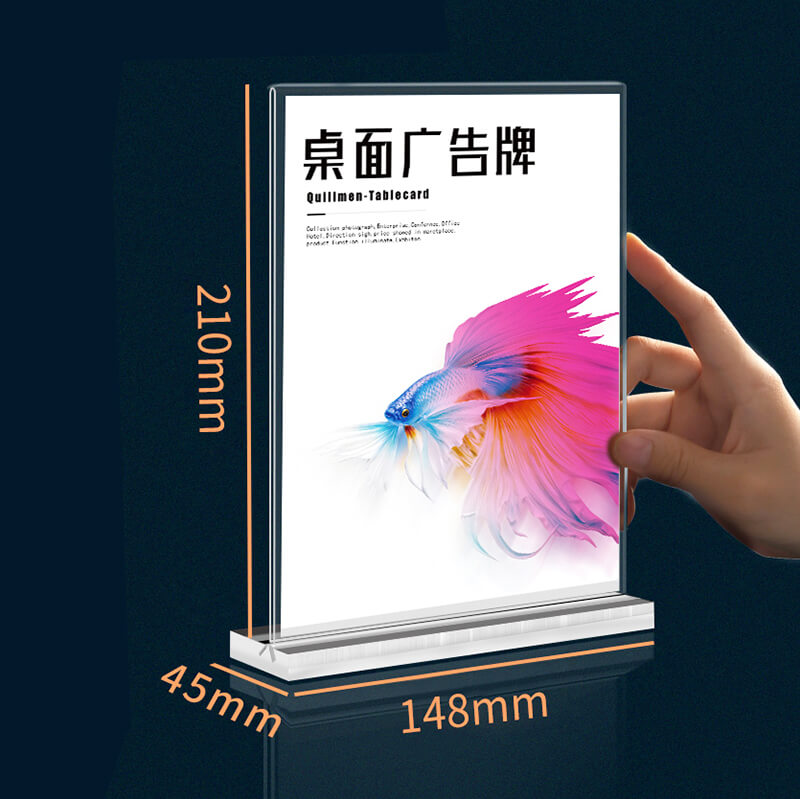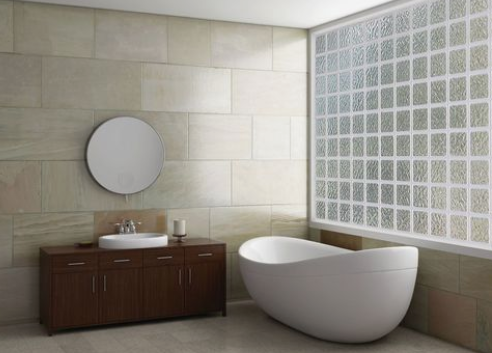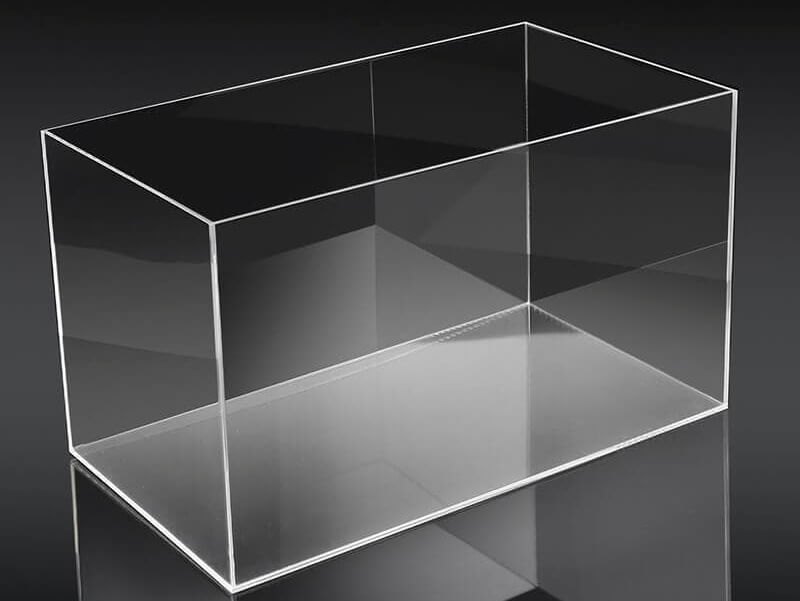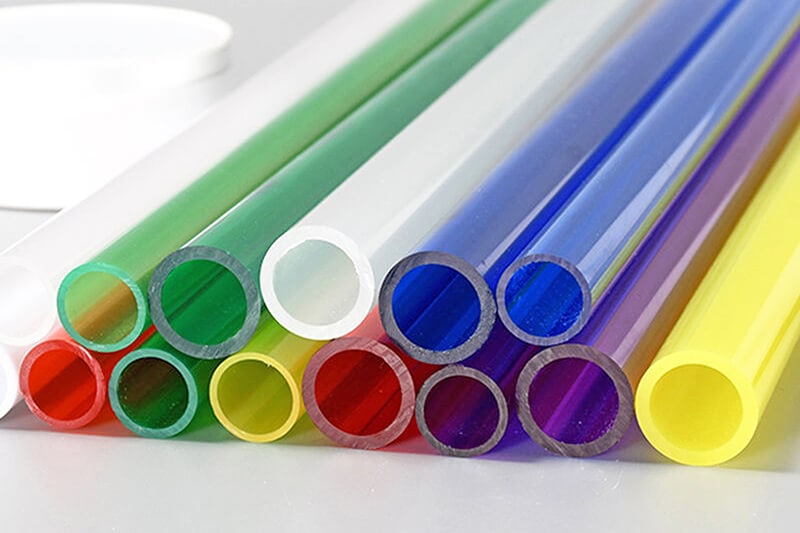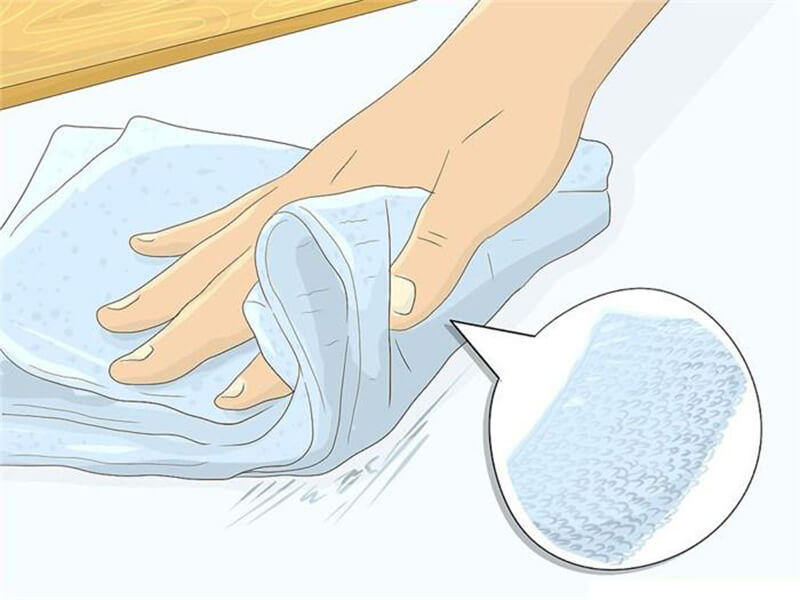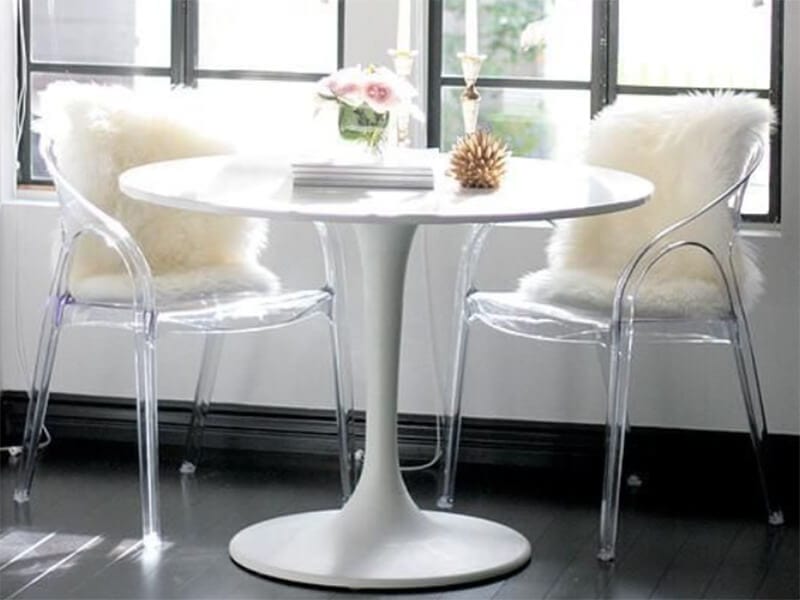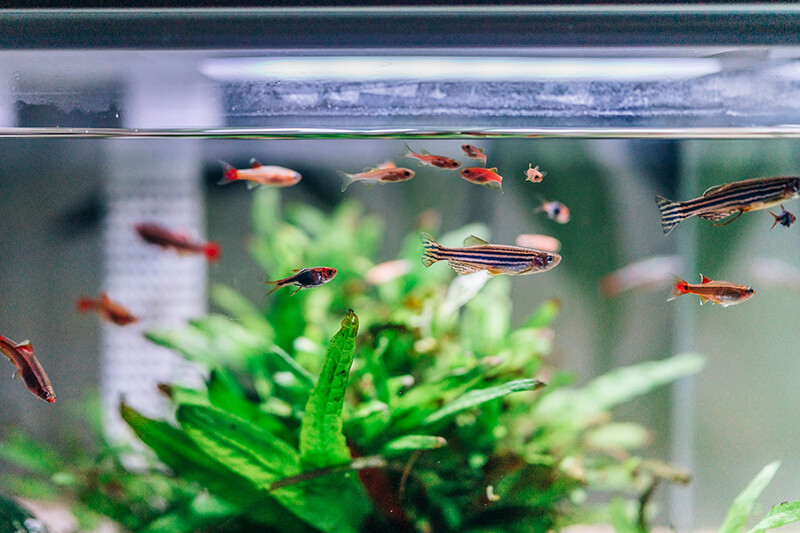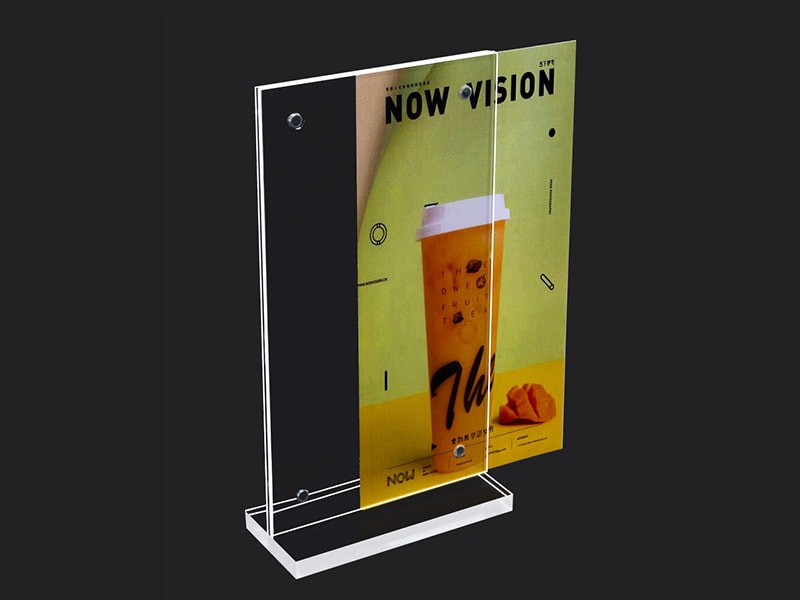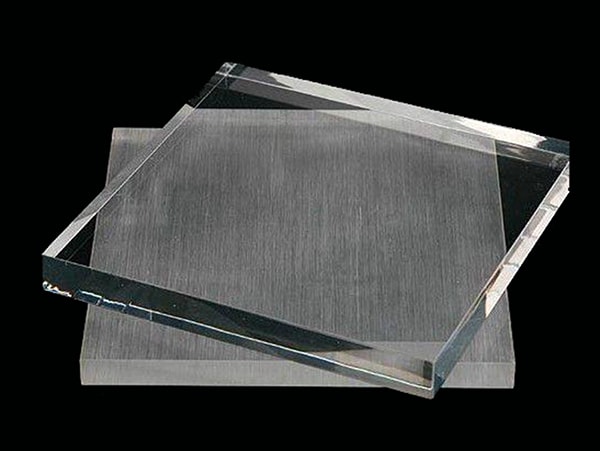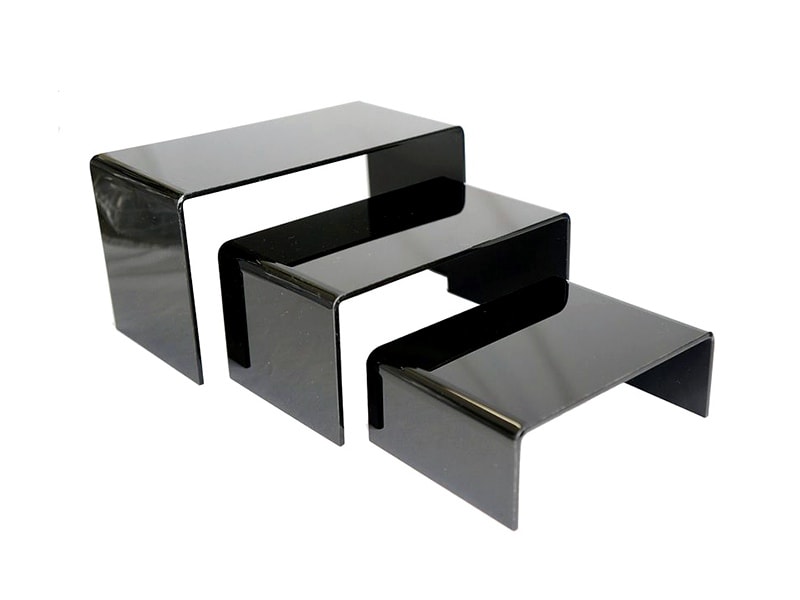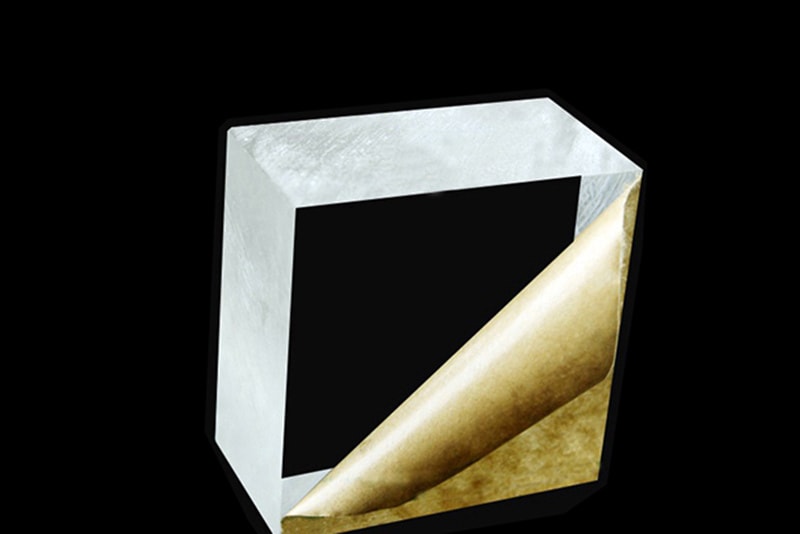Acrylic vs. Polycarbonate
Know More About Acrylic
What is the Difference Between Polycarbonate and Acrylic?
If you want to choose a transparent or nearly transparent plastic product, in addition to acrylic sheets, it is easy to think of pc sheet. These two options are usually considered to be a wide range of options. Then who is more Okay? How to compare?
From the same aspect, acrylic and polycarbonate are much lighter than glass when the same size is required, and it is almost half the weight, which will be very convenient in your practical application. Both are synthetic glass, and both have great flexibility.
In terms of differences, the main points are as follows.
Pros and Cons of Acrylic and Polycarbonate
We can visually see the differences between their advantages and disadvantages through a table comparison.
| Item | Acrylic or Plexiglass Sheeting | Polycarbonate Sheeting |
|---|---|---|
| Pros | Easier to machine than polycarbonate; Can be polished, both for scratches and clean edges; Better glue bonding; Shinier; Less expensive than polycarbonate by as much as 20%; | Greater strength than acrylic; More flexible than acrylic, can be shaped at room temperature; Can be exposed to high temperatures and is non-flammable; Highly resistant to chemicals; Can be drilled without cracking; Lighter in weight than comparable acrylic; |
| Cons | More rigid; More likely to crack during drilling or upon impact; More likely to chip; Should not be exposed to open flames; | Scratches easily; Cannot be polished; Can be dented easily; More translucent than transparent as compared to acrylic; |
| characteristic | Strong and stiff; Easy to fabricate; Optically clear; Easy to thermoform; Easy to machine; Good dimensional stability; Easy to bond; Good weathering; | Easy to machine; Strong and stiff; Good optical clarity (non-machine grade or unfilled); Impact-resistant; Easy to fabricate; Easy to thermoform; Good dimensional stability; Good electrical insulation; Easy to bond; |
How to Choose Between Polycarbonate and Acrylic
If you now need to choose between these two materials, I think this is not an easy decision, so I suggest you make it based on what you want to accomplish with it.
Want to choose harder?
Both materials are very strong. If glass is used as a comparison, the impact resistance of acrylic resin is 10 times that of glass, and that of polycarbonate is 250 times that of glass.
Want to choose a clearer one?
Acrylic provides better transparency than glass and allows more light to be incident at 92% light transmittance compared to polycarbonate with 90% light transmittance. Both are successfully used for glass windows. For example, polycarbonate is often used for bus shelter glass windows due to its high strength, while both acrylic and polycarbonate are used for secondary glass windows.
Acrylic can be polished to restore its transparency, but polycarbonate cannot be polished.
Want to choose more high-temperature resistance?
Acrylic can be used at temperatures from -30 degrees Fahrenheit to 190 degrees Fahrenheit, while polycarbonate can withstand temperatures up to 240 degrees Fahrenheit. Acrylic may expand and contract with changes in temperature. This has advantages and disadvantages. The advantage is that you can use this to create a second time, DIY out any shape you want, you only need to borrow a hot air gun. Of course, this is not stable enough, polycarbonate is also highly resistant to chemicals such as gasoline and acids
Want to choose what can be cut?
Both acrylic and polycarbonate can be cut with traditional tools (such as a saw), and acrylic is easier to cut than polycarbonate. To learn how to cut acrylic, you can read this blog.
Want to choose one that can be polished?
The edges of acrylic can be polished smooth and have a high gloss. Polycarbonate cannot be polished. As for how to polish acrylic, you are also welcome to read the article.
Want to choose bendable?
As mentioned in the previous text, acrylic can be thermally bent by temperature, while polycarbonate can be cold-formed or bent without heating.
Want to choose a better cleaner?
Both acrylic and polycarbonate are easy to clean. Doing some basic maintenance can make them more complete and extend their service life. You can click here to see how to clean acrylic.
Want to choose a cheaper one?
Acrylic is cheaper than polycarbonate, and the price of polycarbonate is often 35% higher.
Conclusion
In short, these two plastics have their own characteristics and advantages. You can choose the most suitable one according to your needs. UVACRYLIC is the top supplier of plexiglass in China, meantime, provides custom plexiglass, if you really can’t decide, you can consult us and we will give suggestions to help you make the best choice.
Need A Trustworthy Supplier Of Acrylic Product
Click on the button, you will find the Trustworthy Supplier Of Acrylic-based product and machining services.

